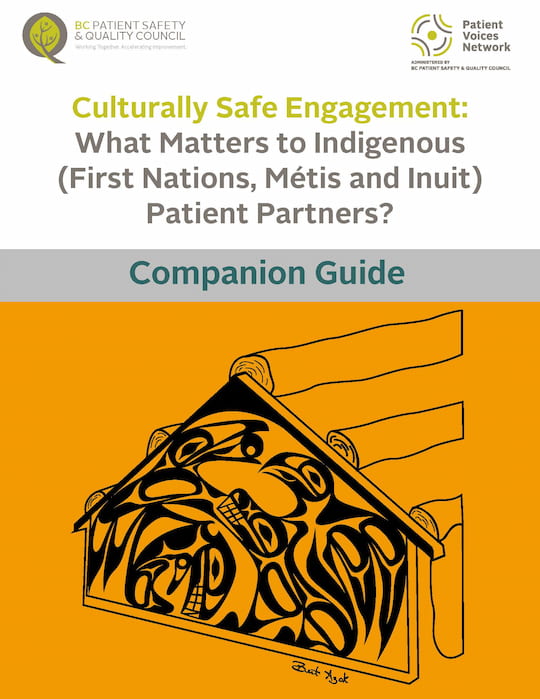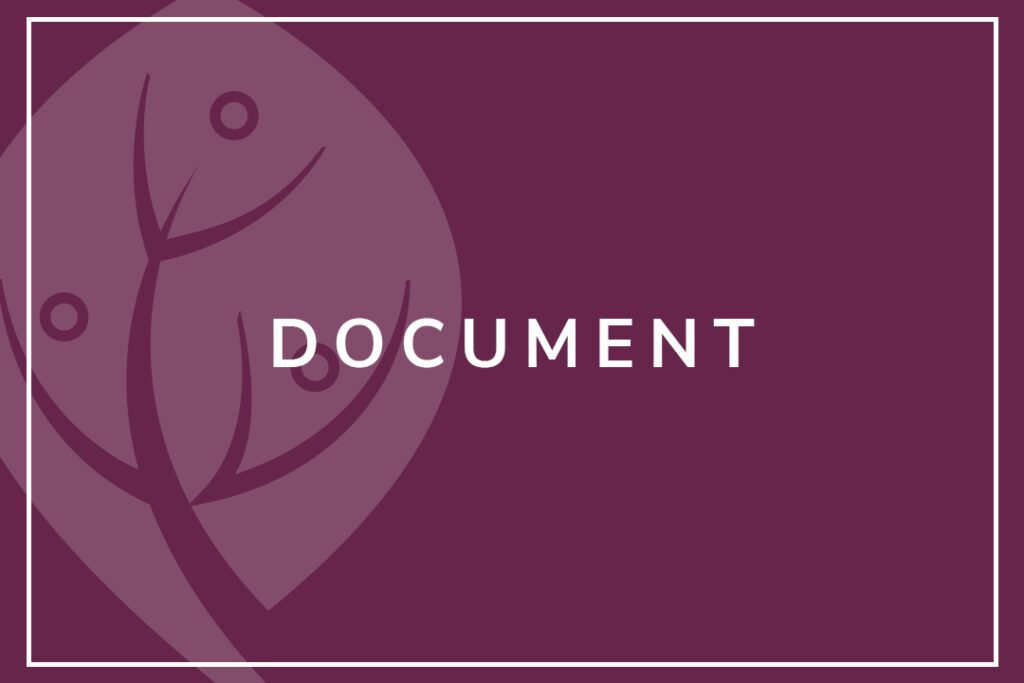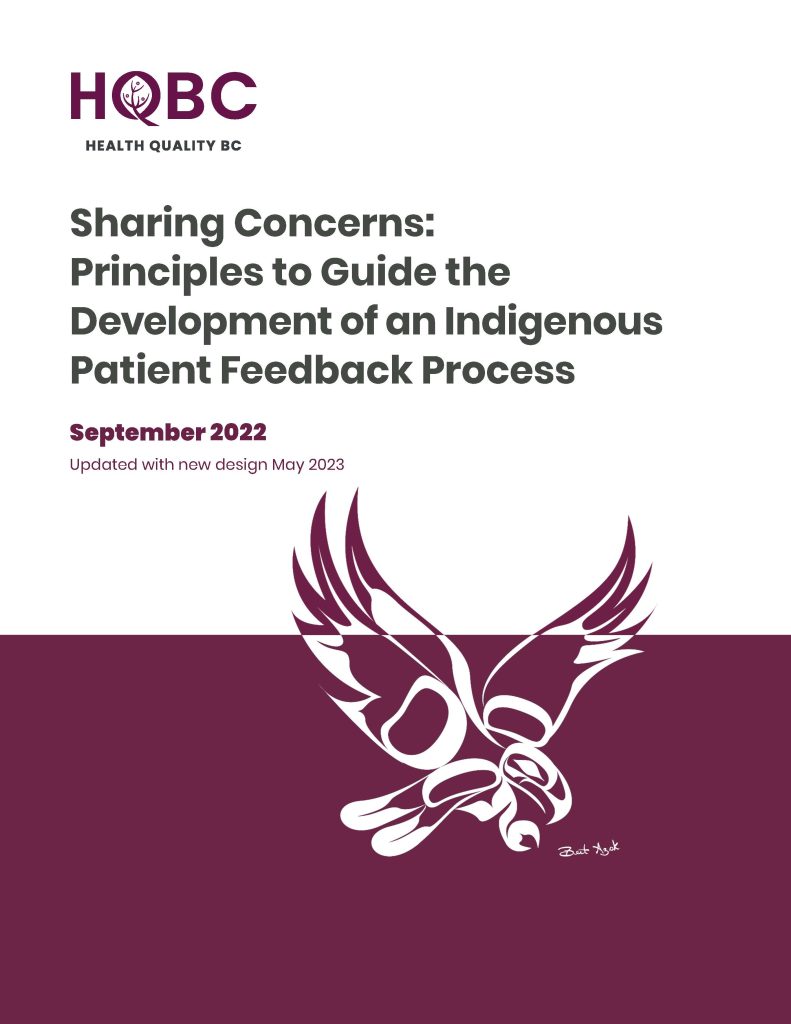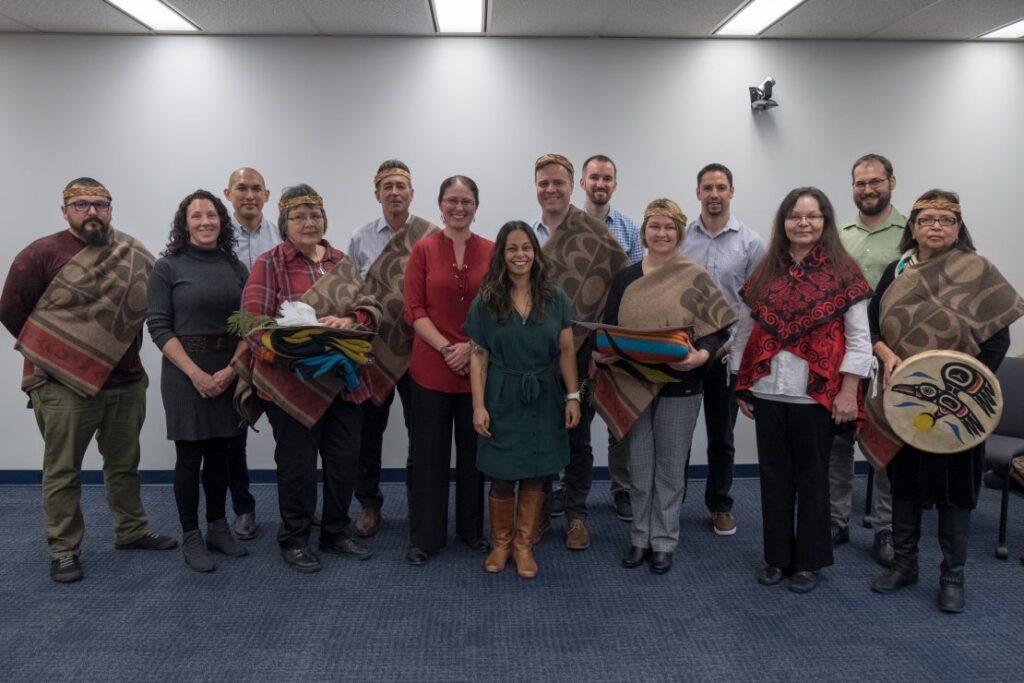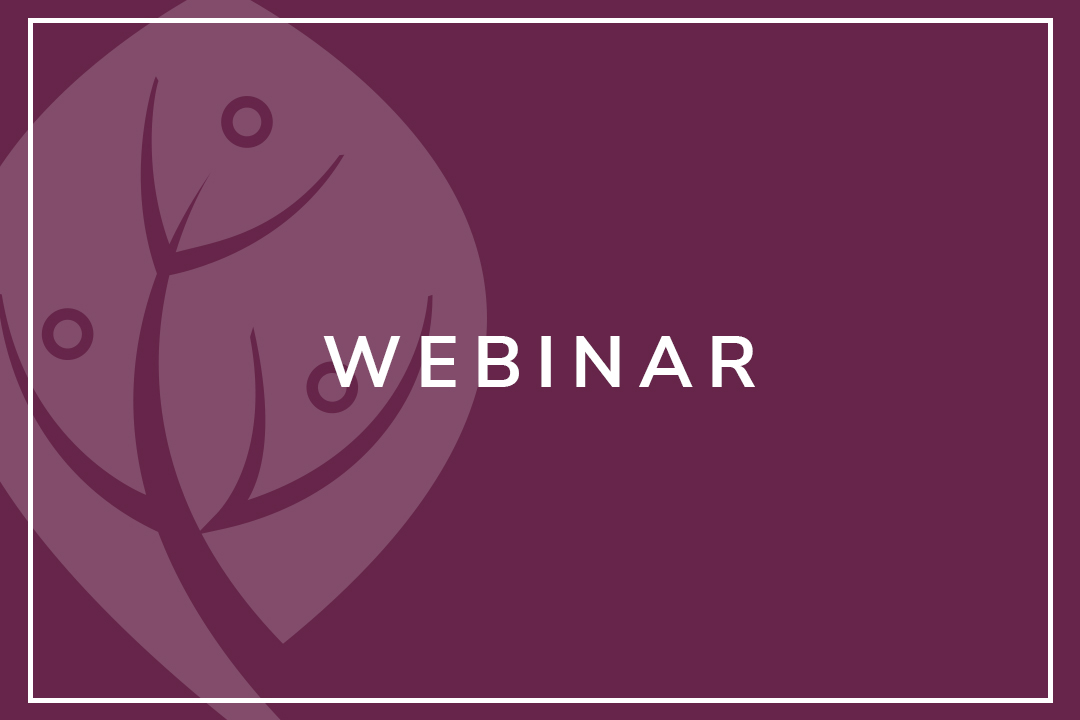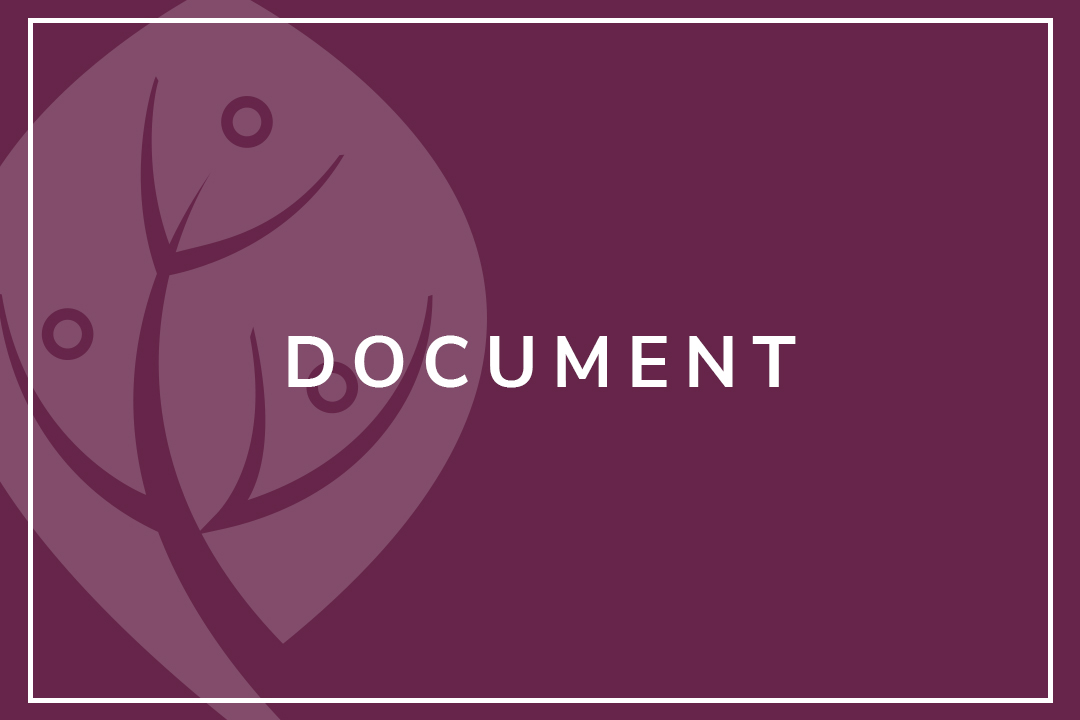We believe that quality care respects individuals for their unique perspectives and acknowledges their cultural contexts. It acknowledges that each of us holds biases and beliefs that shape our worldview, and requires that care providers reflect on and understand how these biases may impact the care they provide.

To foster quality care that is safe and appropriate for Indigenous Peoples, we have built a partnership with the First Nations Health Authority (FNHA). While early in our work together, we have been actively collaborating with FNHA to promote Indigenous cultural safety and humility, build capability and capacity within the system, ensure that Indigenous people are part of the Patient Voices Network, and hardwire an Indigenous lens into quality across BC’s health care system.
To ensure the health and well-being of First Nations and Aboriginal people, care must be provided in a culturally-safe health care system. Cultural safety is defined as “an outcome based on respectful engagement that recognizes and strives to address power imbalances inherent in the health system.”
In July 2015, FNHA led the development of a Declaration of Commitment on Cultural Safety & Humility which was signed by the Ministry of Health along with the chief executive officers from all of the province’s health authorities. The declaration outlines the actions necessary to embed cultural safety and cultural humility into the health care system. In March 2017, at the Best of Both Worlds event, all 23 regulatory bodies also endorsed the Declaration.
Featured Resources
Culturally Safe Engagement: What Matters to Indigenous (First Nations, Métis and Inuit) Patient Partners Companion Guide
Culturally Safe Engagement: What Matters to Indigenous (First Nations, Métis and Inuit) Patient Partners Pamphlet
Sharing Concerns: Principles to Guide the Development of an Indigenous Patient Feedback Process
Cultural Safety & Humility Action Series
Between October 2016 and November 2017, we partnered with the First Nations Health Authority for a webinar action series. These webinars took place on the first Wednesday of each month, and encouraged participation, learning, self-reflection and positive change among BC’s health care professionals.
The series supported development of tools and skills on how to be effective allies for advancing cultural safety and humility and what health service staff and allies can do to understand and integrate this work into their practice or interaction with First Nations and Aboriginal Clients.
All webinars were recorded and are available with their presentation slides for your continued learning.



